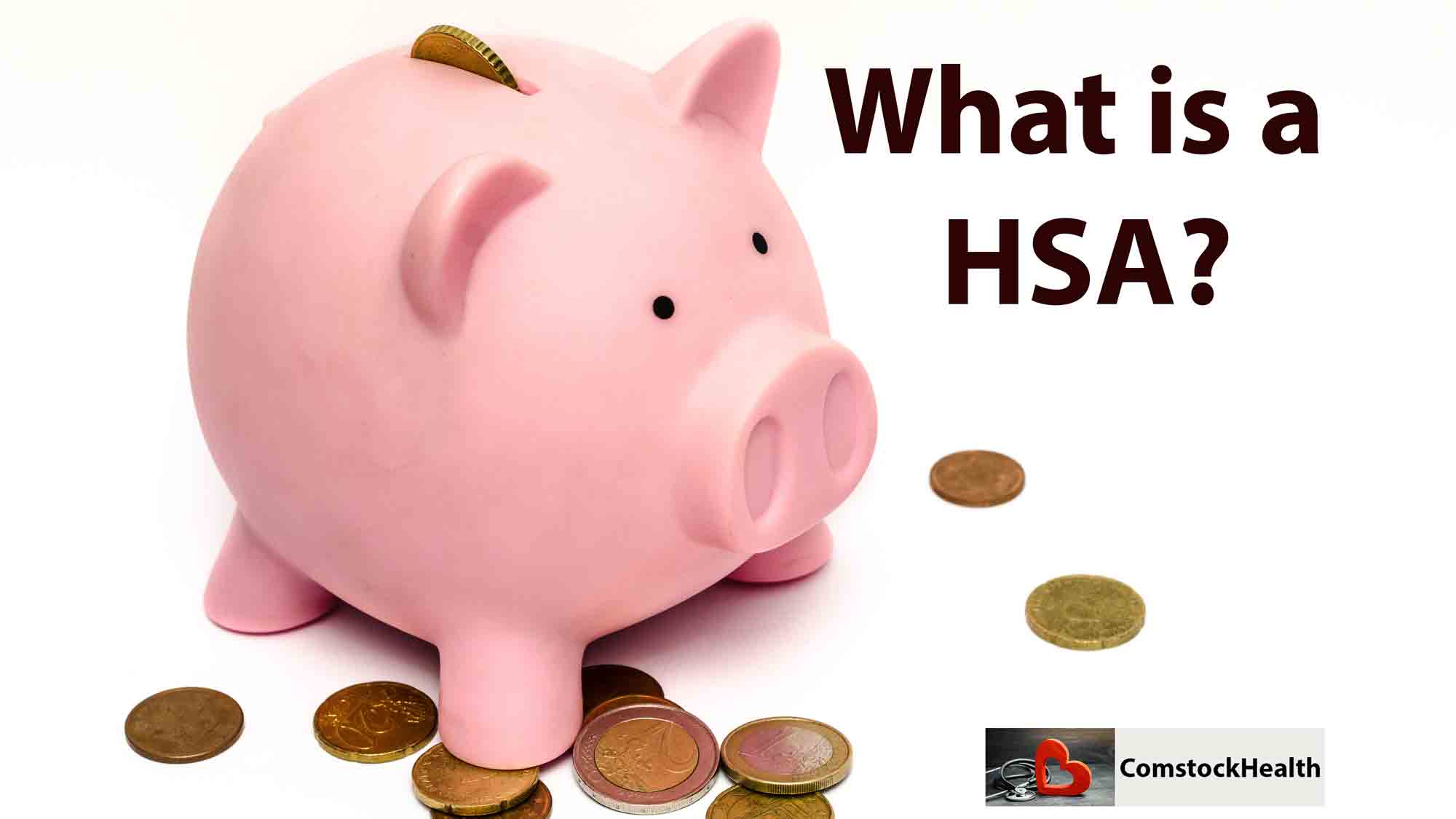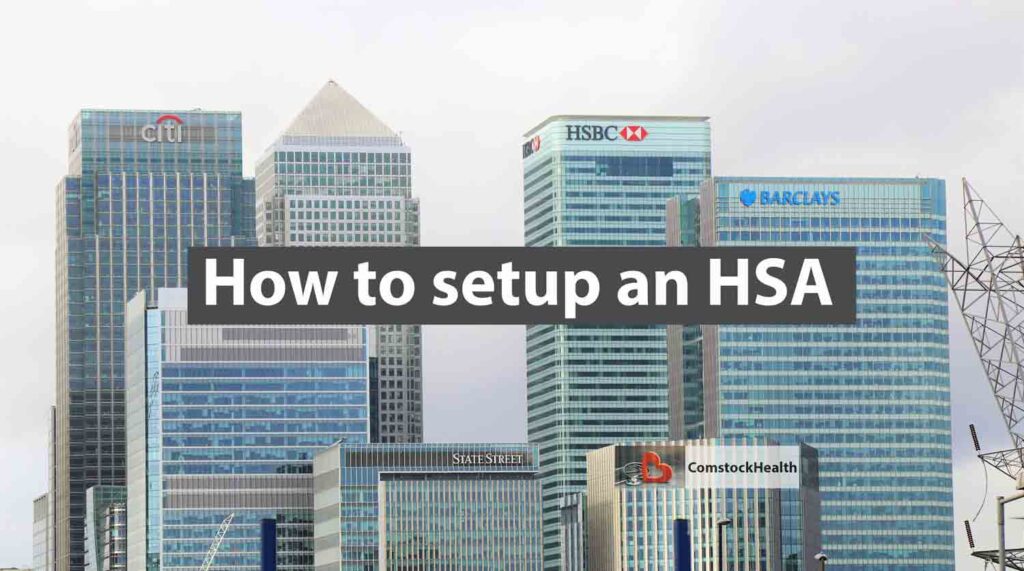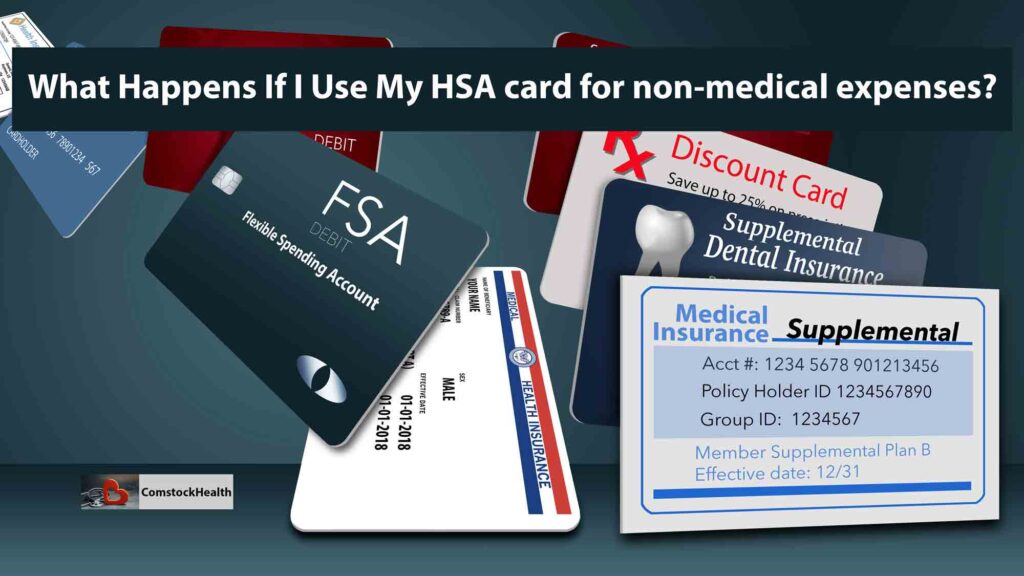The Employee Benefit Research Institution found that only 6% of people who have an HSA are using it in a way. To be more specific, you could potentially be missing out on anywhere between $300,000 and $600,000 plus. Now, if that doesn't get your attention, then I don't know what will.

What Is An HSA Health Insurance Plan?
everything you need to know about an HSA so you can increase your chances of growing it.
At a basic level, an HSA is a savings account that allows you to contribute pre-tax money to it every single year.
Starting in 2021, the lonely single people out there like me can contribute up to $3,600 per year, and a family can contribute up to $7,200 per year. Just a heads up, expect those amounts to increase over time. If you're 55 years or older, then you can contribute an additional $1,000 per year on top of that $3,600 and $7,200.
Think of a Health Savings Account as a way to save for future health costs, hence the name Health Savings Account. That person puts money into the account throughout the year and withdraws it whenever they have any medical expenses to pay, but instead of looking at it as a Health Savings Account, I want you to look at it as a health investment account.
Treat Your HSA Like an Additional Retirement Account
To be more specific, I want you to look at and treat an HSA like it's an additional retirement account. Think of it like a 401k, IRA, 403b, and so on, except for the fact that an HSA is a completely tax-free investment account.
Think of an HSA as a way to start preparing now for medical expenses you're going to have when you're 60, 70, and 80 plus years old because we all have medical expenses or more medical expenses as time goes on.
It's like an insurance for yourself, except for the fact that you get to keep all of the money that you put into it. I personally look at an HSA as a way to earmark less of the retirement money that's in my 401k, IRA, and taxable investment accounts for medical expenses.
When you put money into an HSA, there are three things that you can do with it.
- Let the money just sit in the account and slowly lose value due to inflation.
- Spend the money in the account on medical expenses that you have today.
- Invest the money within your HSA account and let it sit there.
If you really want to maximize an HSA, then investing the money and not withdrawing it for today's medical expenses is what you'd want to do. Pay those expenses out of pocket to allow your money to be invested within your HSA for as long as possible. This is how you really unlock one of the many benefits of an HSA. You'd want to avoid taking money out for as long as possible so that it can stay in the account to continue to grow.

Health Savings Accounts (HSA) have triple tax savings. It's not very often that the IRS legally allows you to skip out on paying taxes once, let alone three different times.
- The money that you contribute to an HSA is pre-tax money from your paycheck.
- The gains from your investment growth, dividend payouts, and interest accumulation are not taxed at all.
- When you withdraw the money for medical expenses, you do not pay any taxes on that distribution.
One, two, three. An HSA is like a Roth IRA
How to qualify for an HSA (Health Savings Account)
- First, you need to be at least 18 years old and covered under a high deductible health plan, sometimes referred to as an HDHP for short. Notice how it says HDHP as part of the name. That would be the one that you'd want to choose to be eligible for an HSA. I'd say that the majority of employers offer an HDHP. If you can't find one, then talk to your HR department or manager. If you get health insurance on your own, then you should definitely have access to a high deductible health plan. Once you sign up for a high-deductible health plan, you'll need to open an actual HSA account.
- Must not be enrolled in Medicare (the healthcare component of the Social Security program)
- May not be claimed as a dependent on another individual's tax return
Now, there are two ways to open a HSA bank savings account so that you can start investing in that HSA. The first is through your employer. If your employer offers a high deductible health plan, then they may or may not offer you an HSA account as well.
If they do, then they've already chosen the third-party company for you, so at that point, they should provide you with a link to open up an account.

How to setup an HSA
There are three HSA providers that I'm familiar with where you can open up an HSA account.
- The first is HealthEquity. Now, they do a great job, but my one problem with them is the fees that they charge.Now, to be transparent, they only charge a monthly 0.03% administration fee, which isn't a lot, but I'd prefer not to pay anything at all if I can. If my employer didn't choose them for me automatically, then I would've chosen a different one, which I'll talk about in just a minute.
- The second is Fidelity. Now, they offer an HSA with zero fees. Now, I like zero the zero fees part of Fidelity, but the one thing that I hate about Fidelity, in general, is its user interface for investing. I personally think that it's trash and extremely confusing, but if you already have a Fidelity account, it might make sense to open up your HSA account through them as well.
- The third is Lively. Now, they're by far my favorite. They charge zero fees, give you access to low-cost index funds, and their user interface is very, very good. They would be my personal number one choice. Let me give you a little behind-the-scenes of what I'm actually doing to utilize Lively.
Keep in mind, no matter who the HSA provider is that your employer chooses for you, you have full control over being able to roll that account into a different HSA company if you are not happy with the one that your employer has chosen for you.
I'll have a link to open an account with each of these three providers down in the description below. To be transparent, the Lively link is an affiliate link. So if you open up an account using it, then it does help support this website and myself, of course, at no extra cost to you.
The nice thing about an HSA is that you have full control over it and can take it everywhere with you. Once you start putting money into one, it is not tied to your employer at all. If you leave your current employer, then you still have access to that account through that third-party HSA company that you use, or if you leave your current employer and you don't like that third-party HSA company that they're using, you could roll all of that money that I had in HealthEquity over to a company like Lively.
What Happens If I Use My HSA card for non-medical expenses?
Technically, you can withdraw your money for nonmedical expenses, but it does come with a little bit of a price, actually a pretty big price. If you use your funds to pay for things other than qualified medical expenses, then those funds will be taxed as ordinary income, and the IRS will impose a 20% penalty as well.
For example, if you spend $500 on non-qualified medical expenses out of your HSA, then you'll pay a penalty of $100. This $500 will also be shown as earned income for the year as well, which you'll pay taxes on.
Not cool. Don't do this because it defeats the whole purpose of an HSA. I'll have a link down below in the description to give you access to a list of qualified medical expenses if you want to kind of check it out, and just a heads-up, there are a lot of things covered and I honestly only expect for this list to grow as time goes on.
The coverage usually grows from year to year and they keep adding more and more things to consider as qualified medical expenses, but after you reach the age of 65 or if you become disabled, you can withdraw HSA funds without penalty, but the amount that you withdraw will still be taxed as ordinary income.
Tax-free money that you can accumulate over time if you maxed out your HSA at $3,600 per year as a single person over 30 years, then at a 7% return, your account would grow to $340,000 of tax-free money.
If you max out your HSA at $7,200 per year as a family over 30 years, then at a 7% return, your account would grow to $680,000 of tax-free money.
